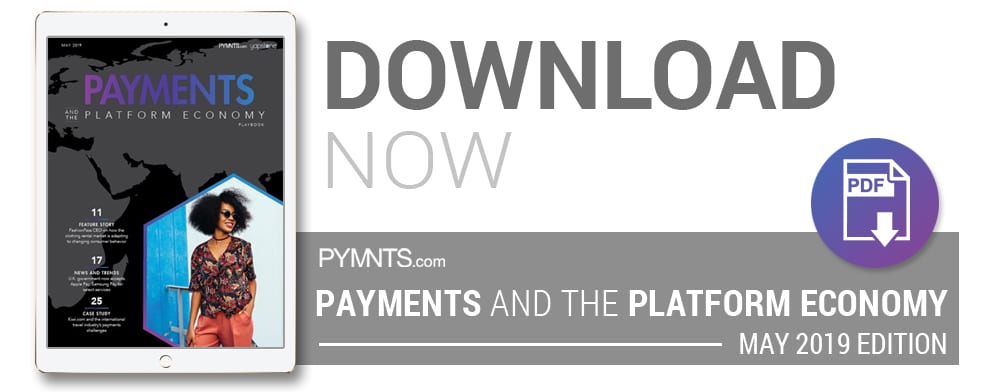Neolix, a Chinese startup, has begun mass producing small driverless delivery vans, with customers like JD.Com and Huawei already signed on as clients, according to a report by Bloomberg.
The company’s vehicles look like tiny vans, and it expects the delivery of about a thousand of them inside of the first year. The company’s timing is good, as Jack Ma, a Chinese billionaire, predicts a billion deliveries a day within a decade in the country, as well as the continued commercialization of autonomous vehicle tech.
A company in Silicon Valley, Nuro, is also in the autonomous vehicle game and has raised almost $1 billion in 2019, and has begun a driverless grocery delivery program in Arizona.
“Driverless cars will change the world, just like the shift from the carriage to the automobile,” Neolix Founder Yu Enyuan said. “I have been looking for something that is worth fighting with everything I have and what I am doing now is that.”
The vans cost about $30,000, and they’ve been tested on Chinese campuses. Enyuan said that delivery is just the beginning of the potential for these vehicles. Eventually, he sees them providing vending and even running errands.
The one drawback of the program is that a person needs to be physically be there to accept a package, or a vehicle has to be able to leave it at a ground-floor location, like a locker. Ford, the motor company, has proposed a solution with a small robot that moves on legs, to carry a package to a person’s doorstep.
While unmanned street vehicles face obvious regulatory hurdles, unmanned delivery vehicles don’t, Enyuan said. The vans are operational in the new Xiongan economic zone southwest of Beijing and in small areas of the capital as well as Changzhou.
In the U.S., large self-driving trucks already carry mail from Phoenix to Dallas, and the startup Nuro began working with Kroger in Arizona in December.


